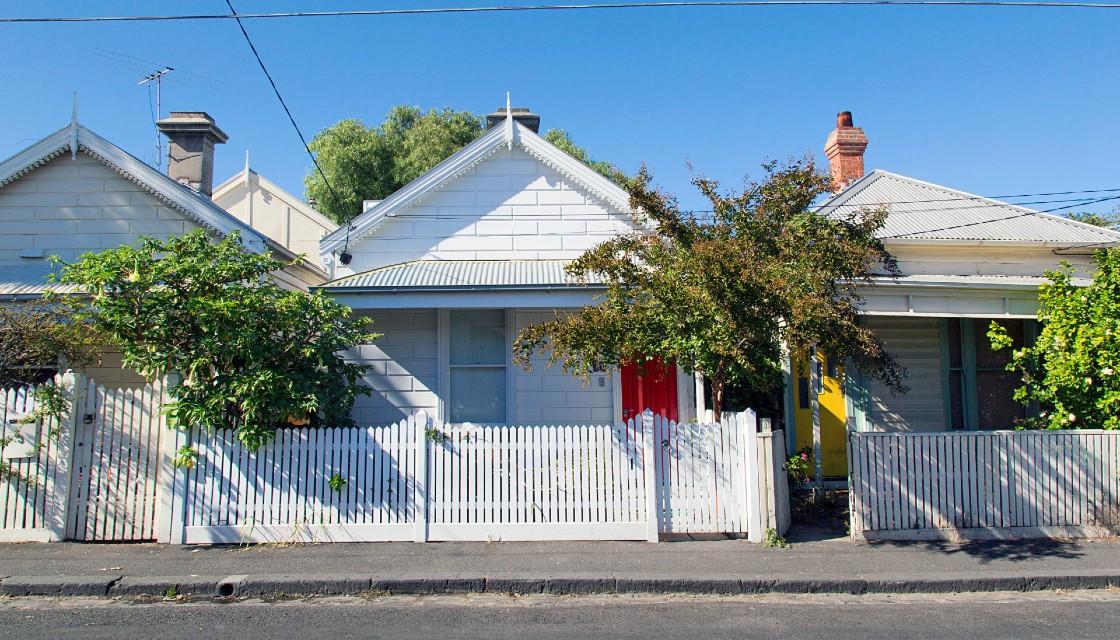
Mortgage borrowers should be prepared for interest rates to go slightly higher over the next couple of years, a bank economist says.
Interest rates are already at record lows and economists don't expect interest rates to drop further. In ASB's February quarterly economic forecast, the bank forecast interest rates to start rising in August 2022.
ASB economist Chris Tennent-Brown confirms following the Government housing announcement, wholesale interest rates dropped. There are plenty of moving parts, but as the economy improves and recovery remains on-track, borrowers should brace themselves for higher rates.
"Even with these housing changes, we think people should factor in slightly higher interest rates than what they pay today," Tennent-Brown says.
"Rates are low, they could move around a bit but in the long-term, as the emergency interest rate settings become less important, it's right to expect the Reserve Bank will remove those settings," he adds.
Interest rate rises depend on a range of factors, but with the right circumstances, over the next couple of years, Tennent-Brown says it's realistic for mortgage rates to rise a quarter-of-a-percent to half-a-percent.
"Our basic view is upward pressure on rates over the next two or three years - that's expected to start on long-term rates," Tennent-Brown says.
Calculations by mortgage broker company Squirrel show based on a $500,000 mortgage over 25 years on a current two-year fixed rate of 2.59 percent, a 0.5 interest rate rise would cost an extra $42 per week ($181 per month) in principal and interest.
Squirrel CEO John Bolton says long-term fixed mortgage rates are already increasing. Borrowers with mortgages rolling off fixed rates now and concerned about future rate rises could consider fixing for a longer-term.
"If you don't have much surplus income at the moment for whatever reason, then I'd take the opportunity to fix some longer-term fixed rates now," Bolton says.
Borrowers can expect one-year fixed rates to stay around 2.29 percent for a while longer.
"If you're comfortable servicing your mortgage, you can feel comfortable continuing to take advantage of the very low rates," Bolton adds.
Current Reserve Bank mortgage lending figures show Kiwis borrowed a whopping $7.6 billion in February, an increase of 36.2 percent year-on-year.
With mortgage rates tipped to rise in the medium term, it's wise for borrowers with mortgages on fixed interest rates to prepare for an extra cost once their mortgage rolls over.


